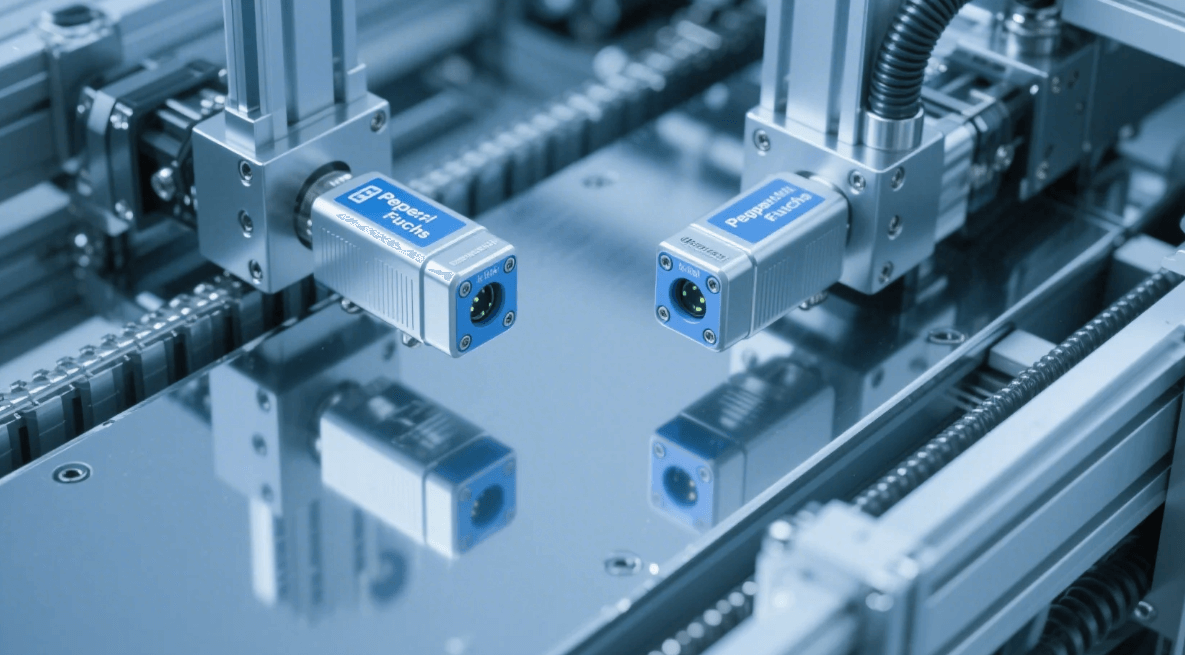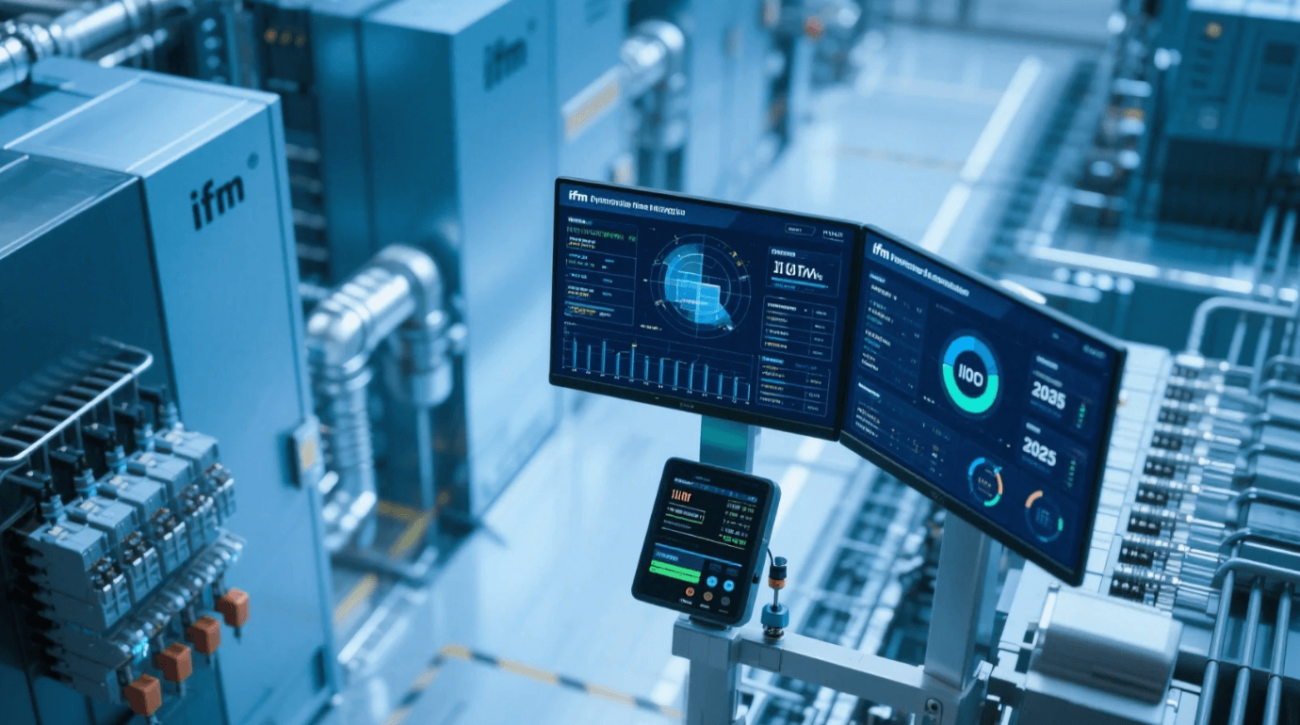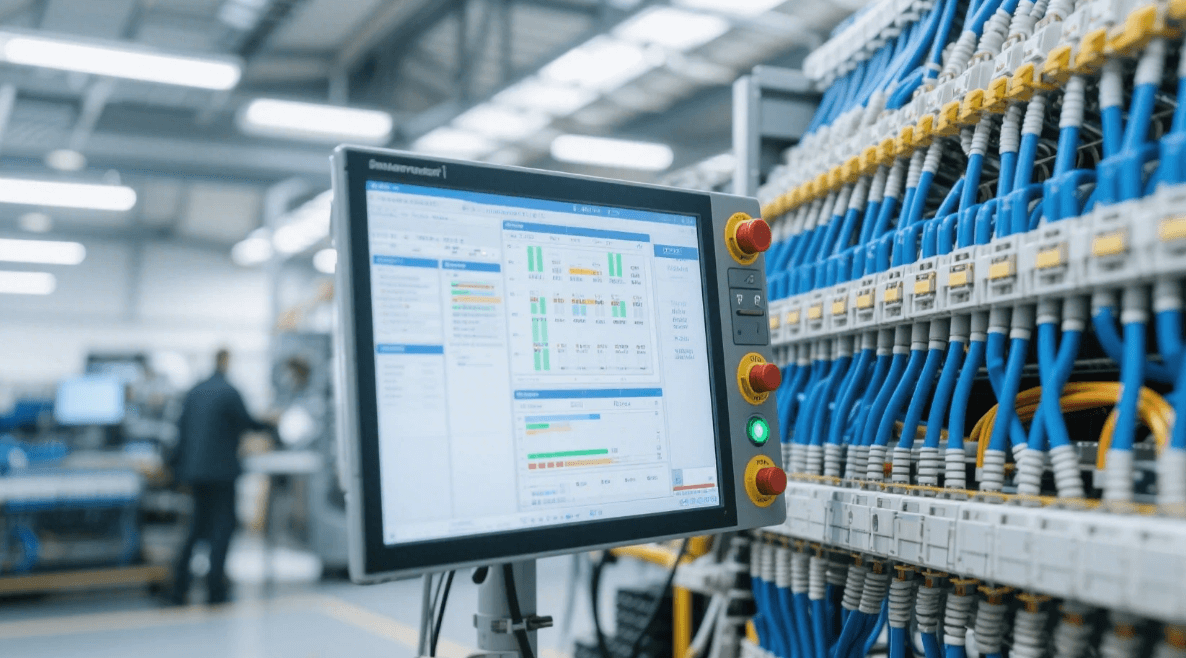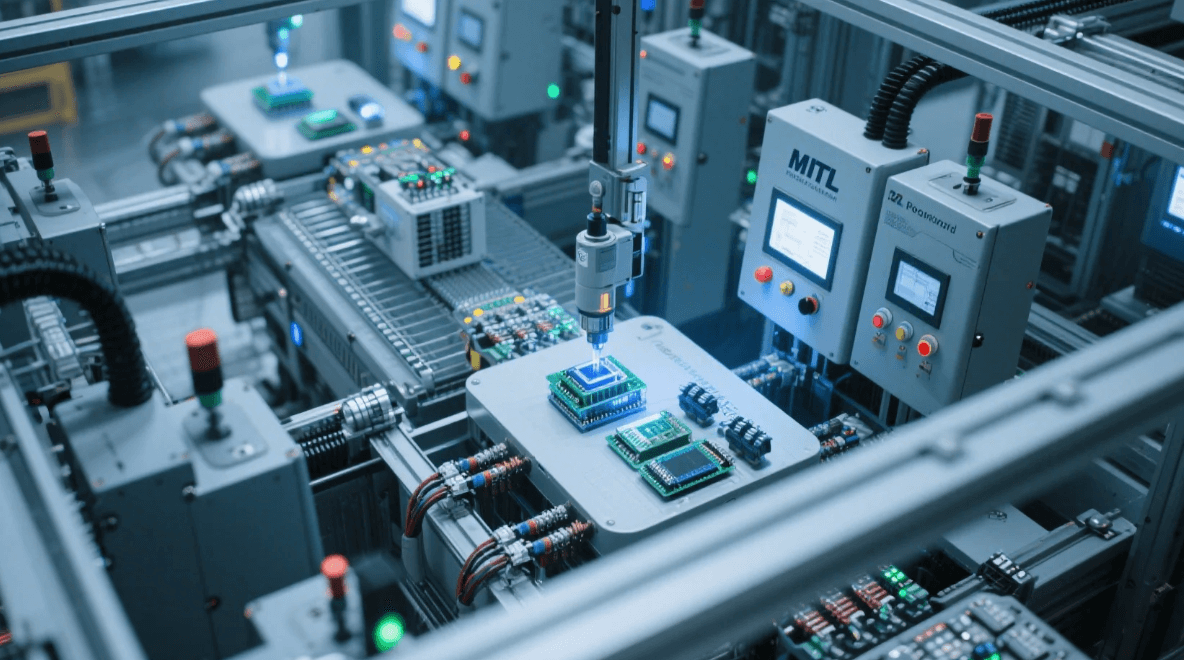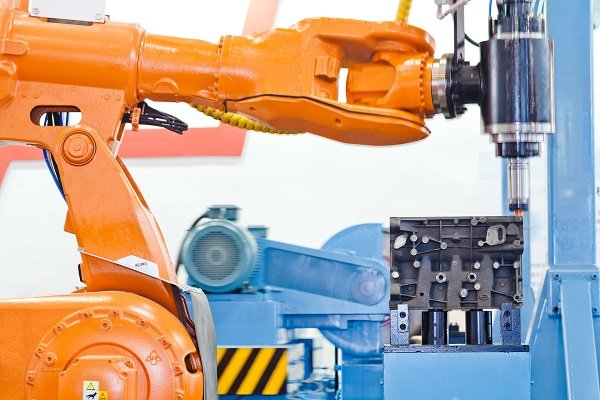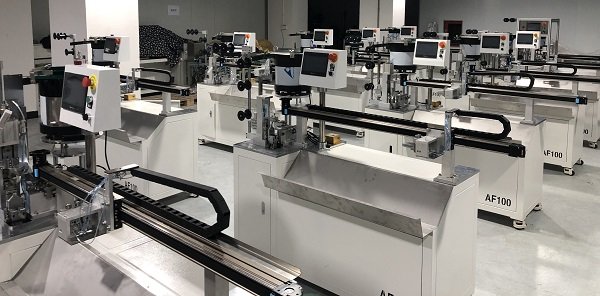- Allen-Bradley
- BANNIERE
- Baumer
- Bosch Rexroth
- Danfoss
- Eaton
- Festo
- Honeywell
- IFM
- Leuze
- Logitech
- Mitsubishi
- MTL
- Nidec
- Omron
- PEPPERL FUCHS
- Module de diagnostic avancé
- Câble de connexion
- Encodeur
- Barrière de bus de terrain
- Multiplexeur HART
- Capteur d'inclinaison
- Capteur inductif
- Unité d'évaluation RFID
- Commission de résiliation
- Capteur à ultrasons
- Actionneurs de vanne
- Barrière de sécurité et isolateur
- Barrière de protection contre les surtensions
- Phoenix Contact
- PILZ
- PULS
- Rexroth
- MALADIE
- Siemens
- Schneider
- Turck
- Wago
- Yokogawa
Solutions for Industrial Automation and Control: Unlocking the Future with Automation
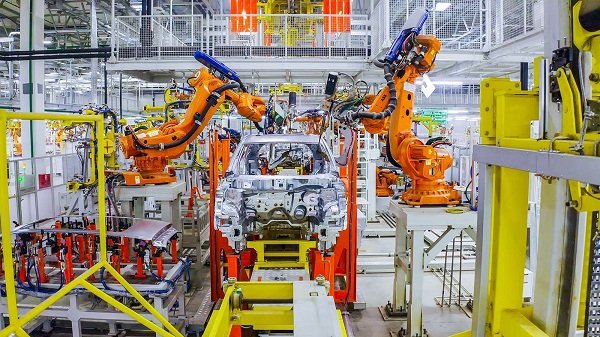
In the modern industrial landscape, Automation has become a cornerstone for efficiency, productivity, and innovation. As industries worldwide face increasing demands for faster production, higher quality, and more sustainable practices, Automation offers transformative solutions. By replacing manual processes with intelligent, automated systems, businesses can streamline operations, reduce costs, and gain a competitive edge. This article delves into the immense advantages of Automation in industrial control systems, focusing on how it is shaping the future of various sectors.
The Power of Automation in Modern Industry
Automation refers to the use of technology to perform tasks that were traditionally carried out by humans. It includes robotics, artificial intelligence, machine learning, and programmable systems that can operate independently or collaboratively. Industries such as manufacturing, energy, transportation, and healthcare have rapidly adopted Automation technologies, resulting in significant improvements in operational efficiency, quality, and safety.
One of the key drivers of industrial transformation is the increasing demand for high-speed production processes that are also cost-effective. Automation systems enable manufacturers to produce more goods with fewer resources and less downtime, making it a vital component for any industry looking to stay competitive in the global market.
The Rise of Smart Manufacturing
The concept of smart manufacturing has been revolutionized by Automation. By integrating advanced sensors, data analytics, and machine learning algorithms, businesses can now create self-optimizing production lines. These systems not only detect and correct issues in real-time but also predict future problems, ensuring that the entire production cycle runs smoothly.
Smart factories powered by Automation can track and manage inventory levels, optimize machine performance, and minimize waste. By gathering vast amounts of data, these systems offer invaluable insights that allow businesses to fine-tune their operations, ensuring optimal performance at every stage.
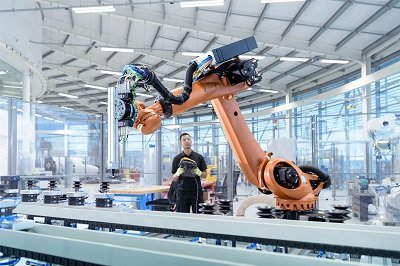
Key Advantages of Automation in Industrial Control Systems
Enhanced Efficiency and Productivity
The most obvious advantage of Automation is the significant increase in efficiency and productivity. Machines can work around the clock without the need for breaks, shifts, or downtime. With the power of Automation, factories can operate 24/7, vastly increasing production capacity without the corresponding need for human labor. This round-the-clock productivity not only boosts output but also reduces operational costs.
Additionally, Automation minimizes human error, ensuring that processes are consistently executed to the highest standards. This leads to greater reliability in product quality, which is essential for customer satisfaction and brand loyalty.
Improved Quality Control
Quality control is one of the most critical aspects of any industrial process. Automation systems ensure precision and consistency in every product manufactured. With the help of sensors and automated inspection tools, Automation can detect defects at the earliest stages of production, preventing faulty products from reaching consumers.
In contrast to manual inspection, which may miss subtle imperfections, Automation guarantees a much higher level of accuracy and uniformity. This results in fewer returns, greater customer satisfaction, and a stronger reputation for quality.
Cost Reduction and Efficiency Gains
While the initial investment in Automation technologies may seem high, the long-term savings are undeniable. By reducing the need for labor, Automation cuts down on operational expenses such as wages, training, and healthcare costs. Furthermore, automated systems can operate with greater energy efficiency, reducing overhead costs in terms of utilities.
Moreover, Automation ensures that resources like raw materials, labor, and energy are utilized more effectively. For instance, optimized supply chains powered by Automation can reduce waste and prevent overproduction, which is a common issue in many traditional manufacturing environments.
Enhanced Safety and Risk Reduction
In industries that involve hazardous materials or dangerous tasks, Automation plays a crucial role in ensuring the safety of workers. By automating hazardous processes, the risk of accidents and injuries is significantly reduced. Automation also helps prevent human errors, which are often the leading cause of accidents in industrial settings.
Robots and automated machinery can handle toxic substances, extreme temperatures, and physically demanding tasks, removing the need for human workers to be exposed to dangerous conditions. As a result, companies not only protect their employees but also comply with strict safety regulations and environmental standards.
Scalability and Flexibility
One of the most exciting aspects of Automation is its scalability. As industries grow or face fluctuating demand, Automation systems can easily be adjusted to meet new requirements. Whether it’s increasing production capacity during peak seasons or reconfiguring a production line for a new product, Automation offers the flexibility needed for modern industrial operations.
For instance, automated systems can be programmed to switch between different tasks without requiring significant downtime. This adaptability ensures that businesses can maintain high levels of production without being constrained by limitations in their workforce or machinery.
Embracing the Future of Automation: Challenges and Considerations
While the benefits of Automation are clear, there are some challenges that industries must overcome. The initial cost of implementing Automation solutions can be prohibitive, particularly for small and medium-sized enterprises. However, the long-term savings and competitive advantages often outweigh the upfront investment.
Additionally, the integration of Automation technologies requires skilled workers who can manage, maintain, and optimize automated systems. This has led to a growing demand for professionals with expertise in robotics, machine learning, and industrial engineering. Training and upskilling the workforce are therefore essential to ensure that businesses can fully leverage the advantages of Automation.
Lastly, as Automation systems become more interconnected, cybersecurity concerns have emerged. Industries must invest in robust cybersecurity measures to protect their automated systems from cyber threats, which could disrupt operations and cause significant financial damage.
Looking Ahead: The Future of Industrial Automation
The future of industrial automation is bright. As technology continues to evolve, Automation will become even more sophisticated, incorporating artificial intelligence, machine learning, and the Internet of Things (IoT). This will lead to the development of more intelligent and autonomous systems that can predict, adapt, and optimize without human intervention.
Industries that embrace Automation early will gain a competitive edge, positioning themselves for growth in an increasingly fast-paced and interconnected world. The ability to adapt to changing market conditions, reduce costs, and improve productivity will be the driving factors behind success in the future.
In conclusion, Automation is not just a trend—it is the future of industrial control systems. With its myriad benefits, including enhanced efficiency, cost reduction, improved safety, and superior quality, Automation is transforming industries across the globe. The key to success in this new era is harnessing the full potential of Automation to create more innovative, sustainable, and profitable operations.
By embracing Automation, industries can position themselves for continued growth, while adapting to the demands of the modern world. The era of Automation is here, and those who leverage its power will lead the way toward a smarter, more efficient industrial future.
Model:9144-A-256


